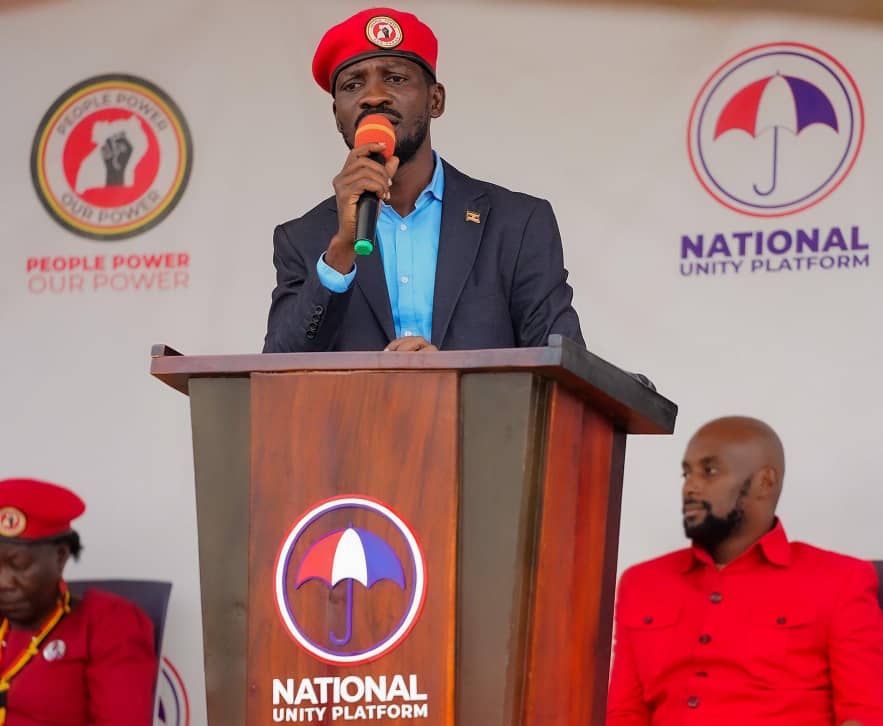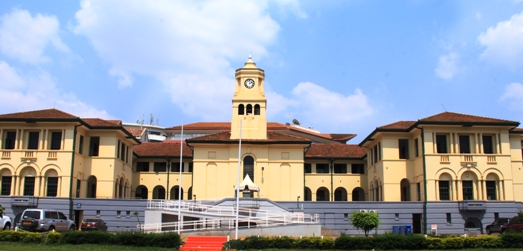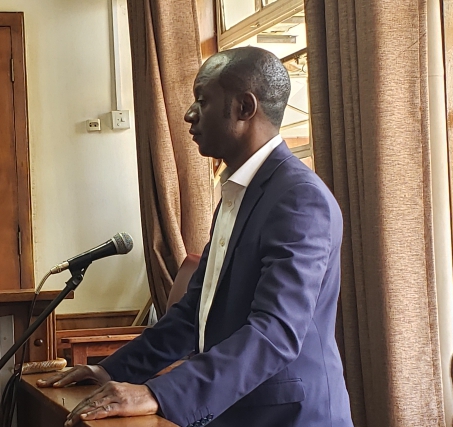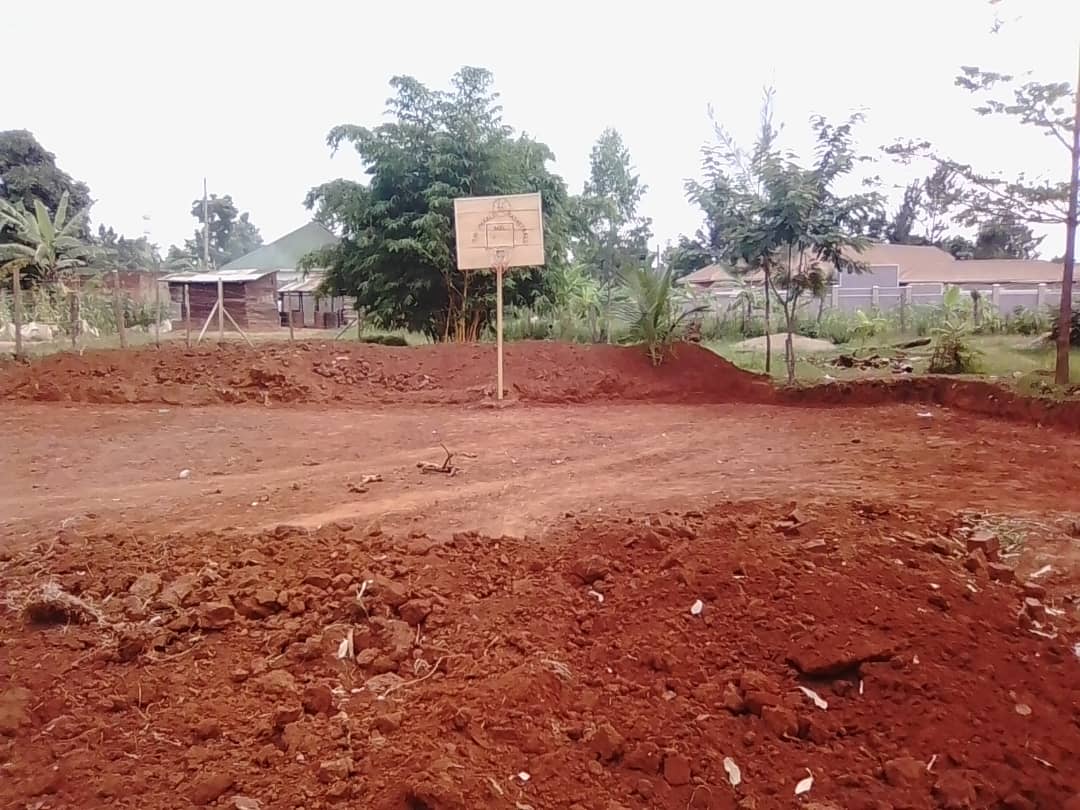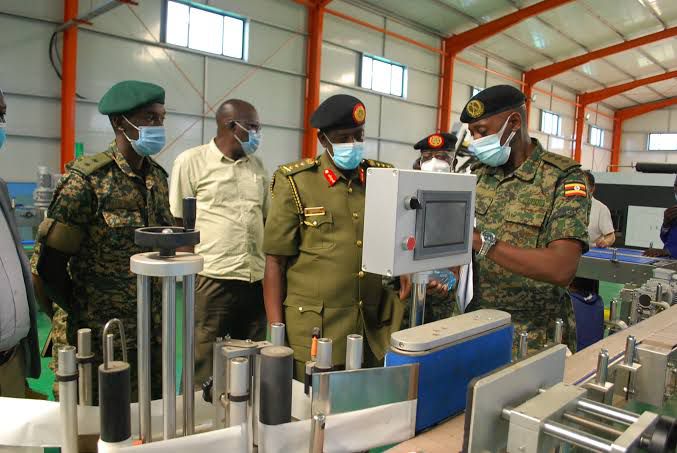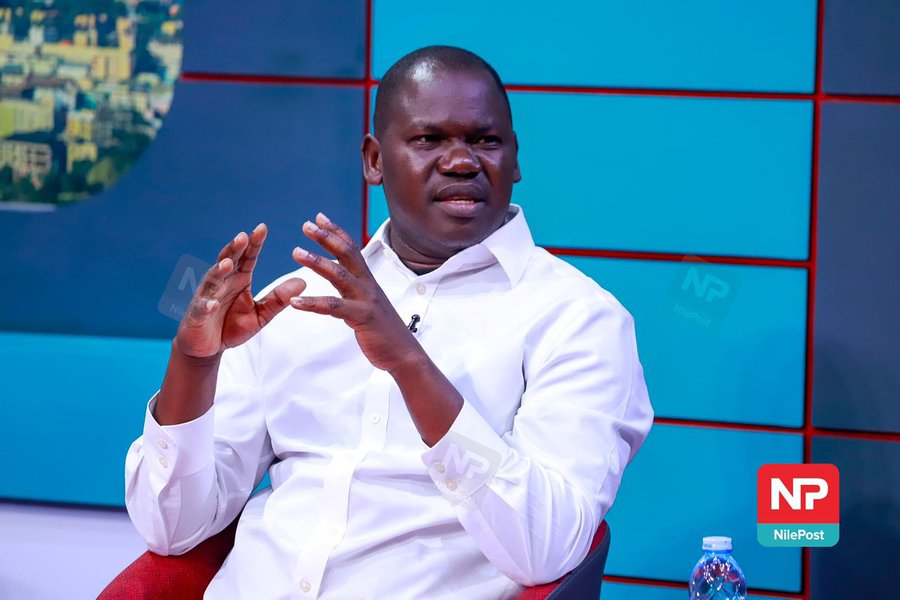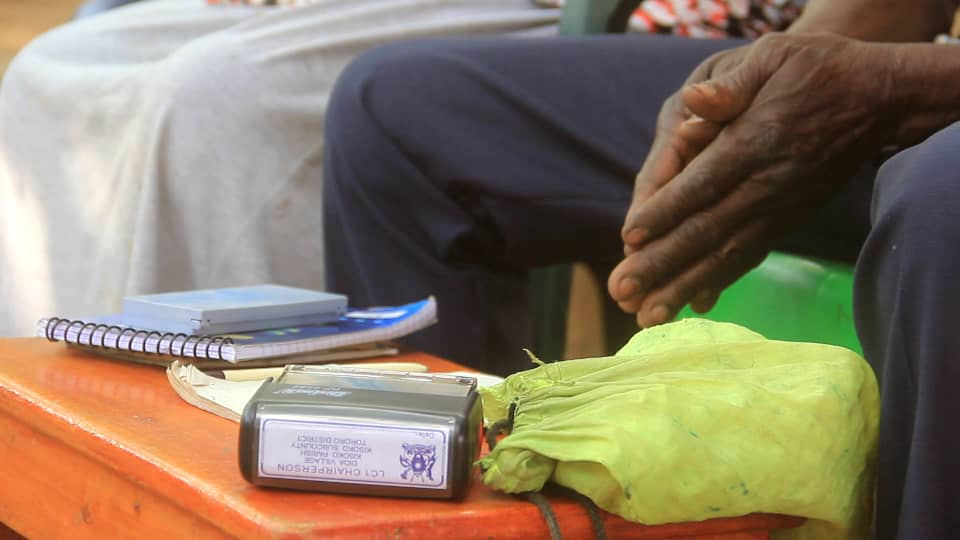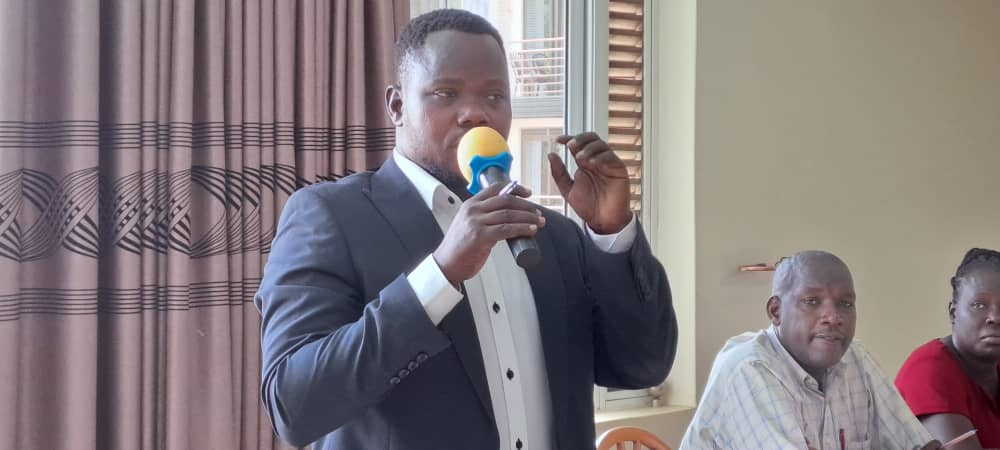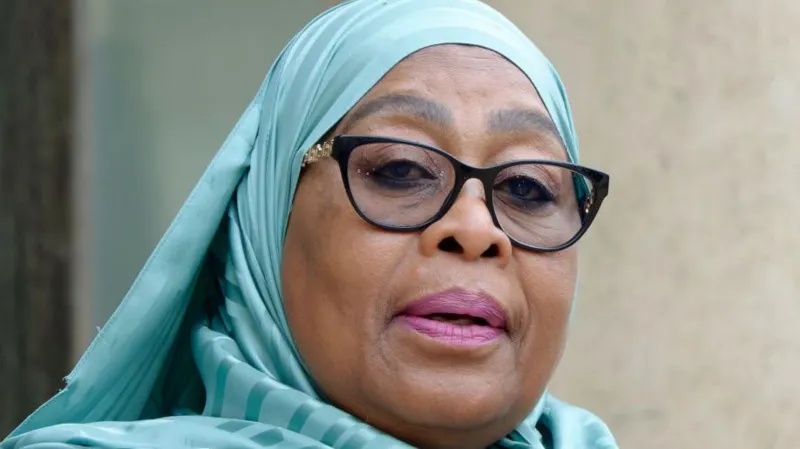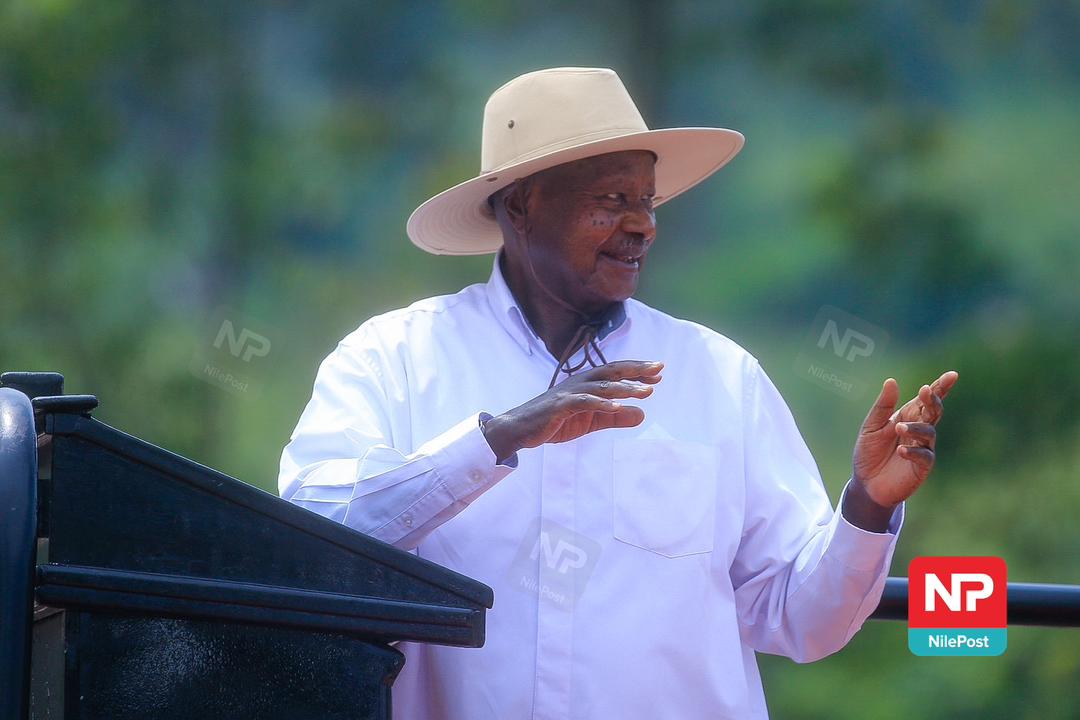Use trade unions, MPs to fight for your rights- Mao tells workers
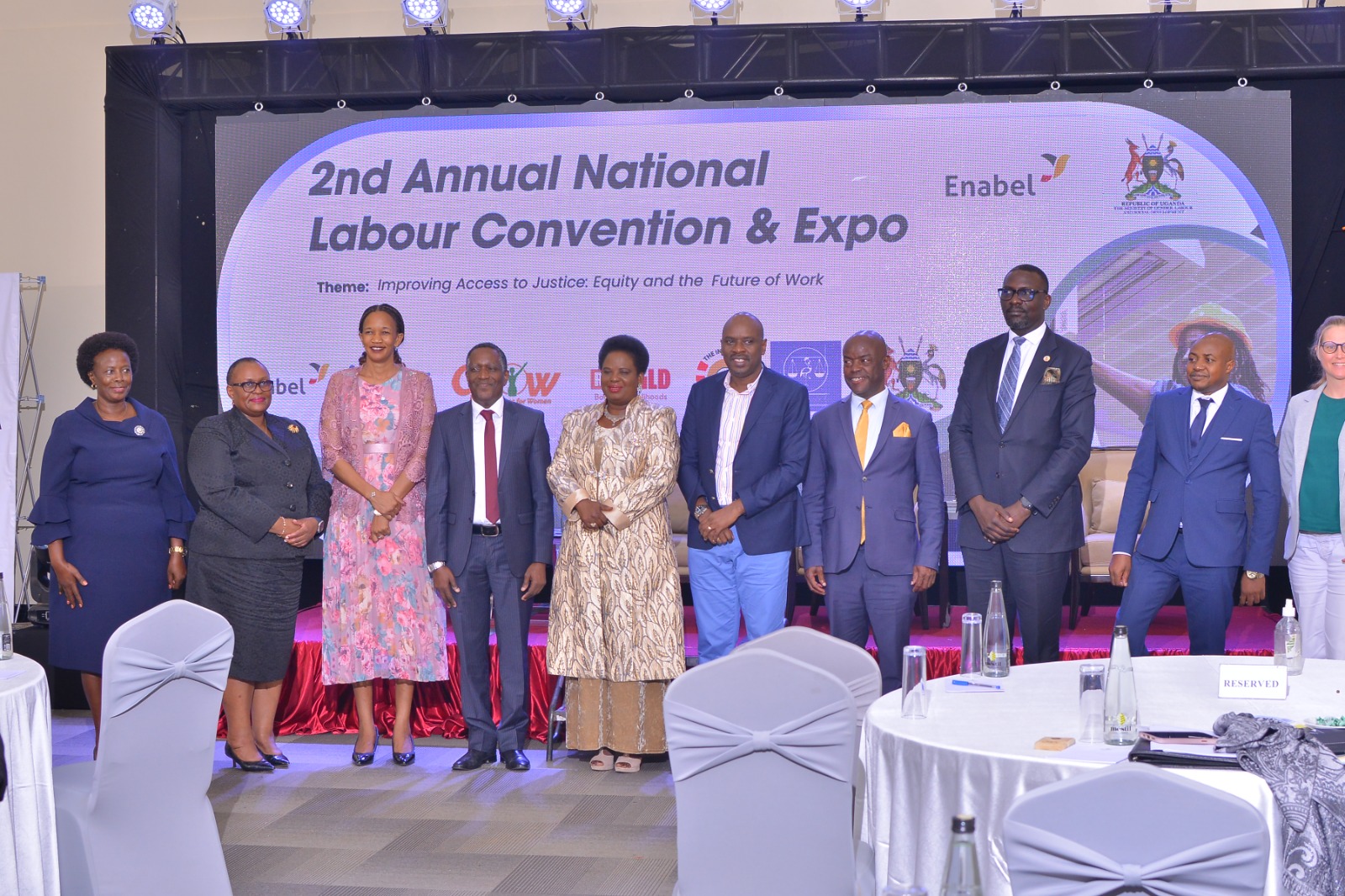
The Minister for Justice and Constitutional Affairs, Norbert Mao has urged Ugandan workers to use trade unions and their Members of Parliament to help them fight for their rights.
He was speaking during the closing ceremony of the second annual national labour convention and expo at Mestil Hotel in Kampala on Thursday.
Keep Reading
The two-day conference was organized by the Ministry for Gender, Labour, and Social Development.
Mao said one of the biggest problem Ugandan workers are facing is that their trade unions are toothless and this has not helped the cause.
“The world responds to those who are organized. It is a constitutional right to form trade unions. You must organize yourselves so as to build your capacity to bite. Never back if you have no capacity to bite,” Mao said.
“We need a generation of workers who have skills to organize fellow workers because employer will want to pay you as little as possible. In terms of weight, organization achieves more. Even God blesses an army with bigger guns. When God sees two armies about to fight, he blesses one with a bigger artillery. If workers want to win wars, they should invest in organization in form of strong trade unions.”
Mao said that strong trade unions will help advocate for better working conditions by among others using strikes which he insisted that lawful ways of advocating for workers’ rights.
“Trade unions should have a strike fund because if you go on strike, employers know soon or later hunger will come. If you have this fund, when a factory doesn’t have workers for two months, the employer will be forced to speak to his workers. If you have a strike fund for like three months, you can sustain a strike for this period and employers will be forced to call you for negotiations. The only problem is that Uganda’s trade unions are currently not organized to ensure this.”
Mao also asked workers to make use of their Members of Parliament to ensure their grievances are discussed and possibly solved in Parliament.
“The other frontier for workers is in politics. Politicians make policies and laws. I want to hear workers’ MPs talk about their plight. I want trade unions to push parliament on conditions workers face.”
He said if all these fail, there is the Industrial Court where workers can report cases but insisted that which the current set up of the court where it is only located in Kampala and with a limited number of judges, it makes it difficult to handle all cases in time.
Mao however said the Ministry of Justice is now mainstreaming alternative dispute resolution as a way of dealing with issues of workers’ rights.
“We are going to have office for alternative dispute resolution which will be training people to solve problems quickly. We believe through this we can deal with these kinds of dispute quickly and cheaply. In alternative dispute resolution, both workers and employees will agree on who will be judge to arbitrate in their case.”
He said the judiciary is working around the clock to decentralize the Industrial Court but also assign more judges to the court.
The deputy Attorney General, Jackson Kafuuzi assured workers that government has put in place laws that protect labour rights, including the the Employment Act 2006, Labour Unions Act 2006 and the Public Service Act 2008 among others.



